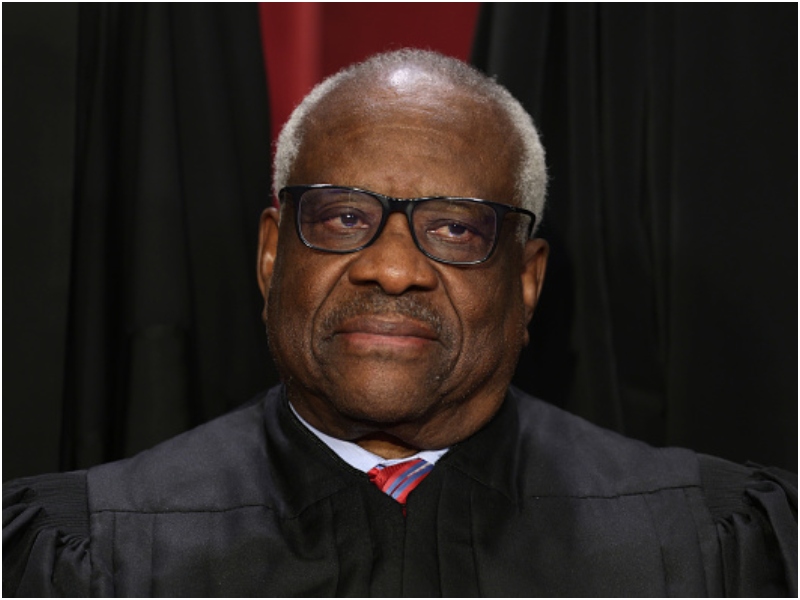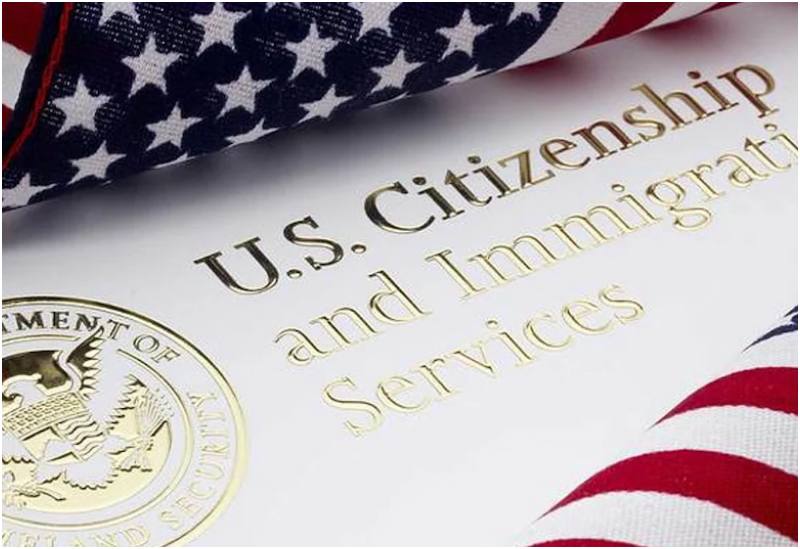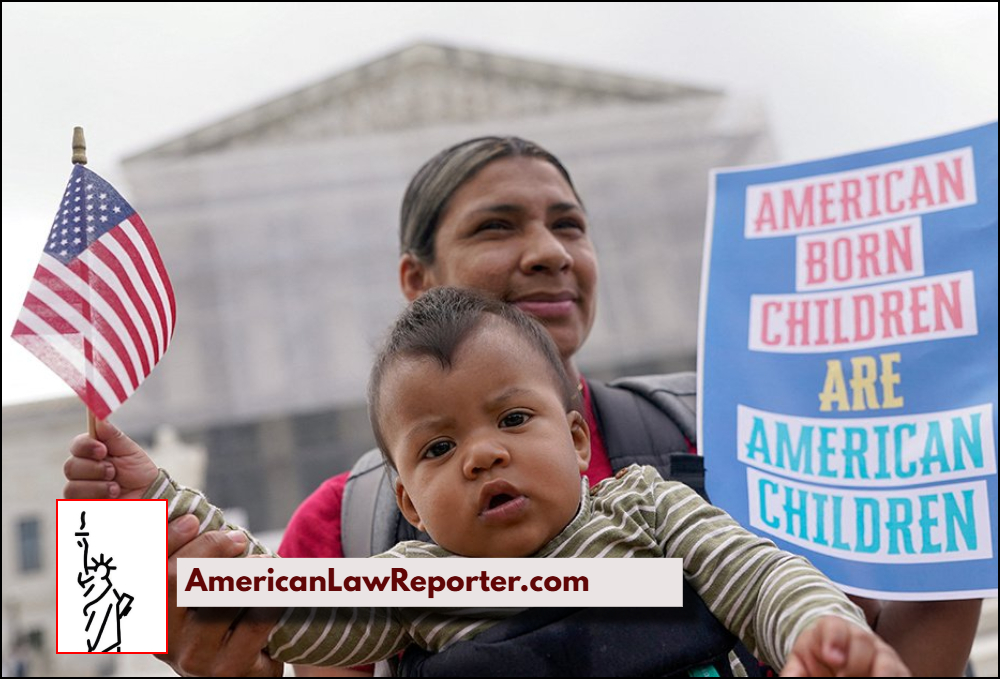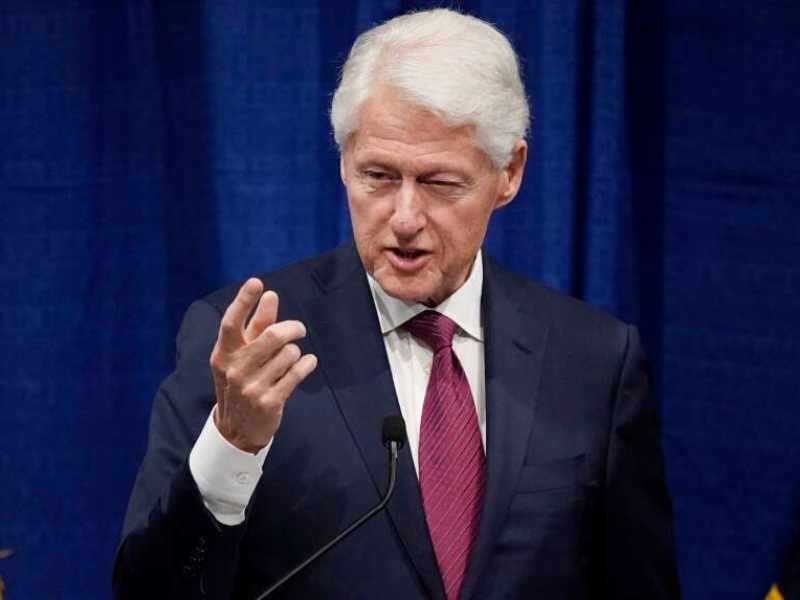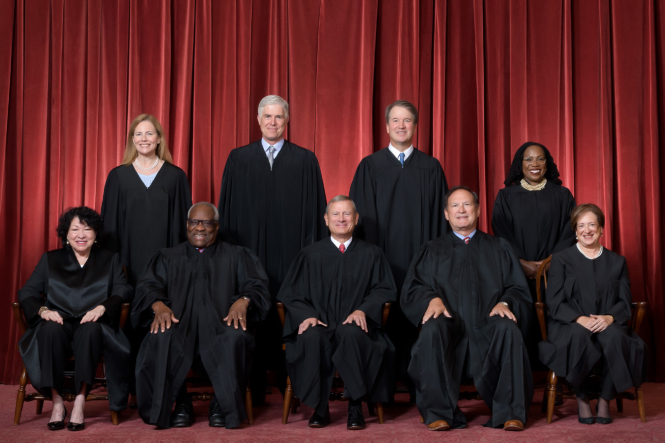Constitutional law
-
Supreme Court Justice Clarence Thomas is once again leading the charge to curtail a key provision of the landmark Voting Rights Act (VRA), a campaign he began over three decades ago. With a now-conservative-leaning Supreme Court, his long-held views may be closer than ever to becoming binding precedent. At the center of the current battle…
-
In the wake of the U.S. Supreme Court’s recent decision in CASA v. Trump, the once-universal guarantee of birthright citizenship is no longer assured nationwide. Instead, the constitutional right, long enshrined in the 14th Amendment, is now protected only in the 24 states that filed legal challenges against former President Donald Trump’s executive order to…
-
In January 1998, President Bill Clinton’s second term in office was suddenly overshadowed by allegations that would trigger only the second impeachment of a U.S. president in history. The central figure in the case wasn’t a foreign adversary or a political opponent, but Monica Lewinsky, a 22-year-old former White House intern. What began as a…
-
In a sharply worded dissent, U.S. Supreme Court Justice Ketanji Brown Jackson warned that the Court’s recent decision in Diamond Alternative Energy v. Environmental Protection Agency could erode public trust and fuel perceptions that the judiciary favors “moneyed interests” over ordinary citizens. The majority opinion, authored by Justice Brett Kavanaugh and joined by six other…
-
In a sharply divided decision on Tuesday, June 17, the City of Miami Commission voted 3-2 to enter into a 287(g) agreement with U.S. Immigration and Customs Enforcement (ICE). The move authorizes certain city police officers to perform limited federal immigration enforcement functions. The move has sparked significant legal, political, and civil rights debate, drawing…
-
The U.S. Supreme Court heard pivotal arguments this week in a case that could reshape how executive orders are challenged in federal court—and potentially redefine the power of individual federal judges across the country. At the heart of the debate: whether nationwide injunctions—court orders that block a law or policy across the entire U.S.—should be…
-
Introduction Often described as a cornerstone of American constitutional law, Gibbons v. Ogden (1824) established the federal government’s broad authority over interstate commerce, shaping the balance of power between state and federal governments. Argued before the U.S. Supreme Court at a time when America was still in its infancy, the case pitted two steamboat operators—and,…

